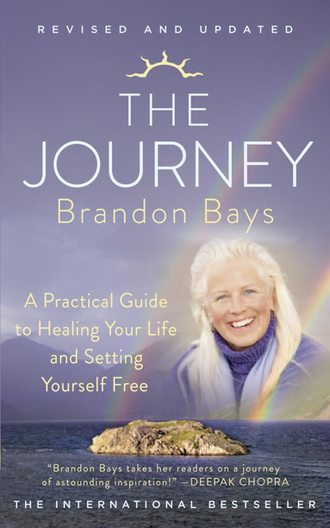The Journey: A Practical Guide to Healing Your life and Setting Yourself Free

Полная версия
The Journey: A Practical Guide to Healing Your life and Setting Yourself Free
Настройки чтения
Размер шрифта
Высота строк
Поля
Конец ознакомительного фрагмента
Купить и скачать всю книгу


